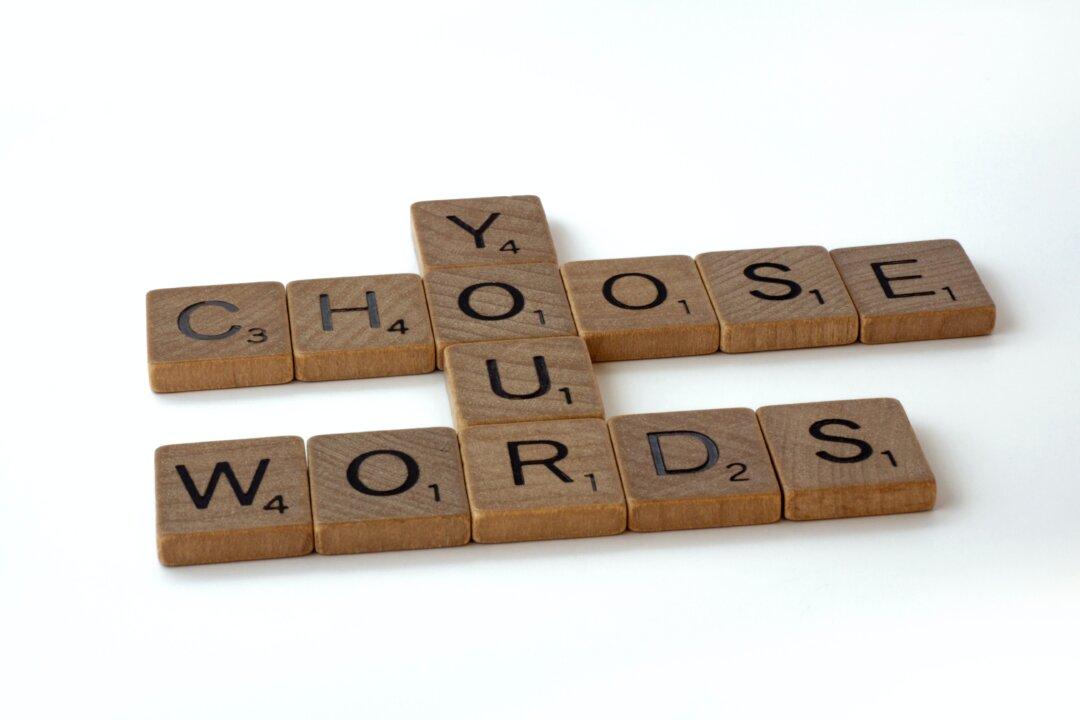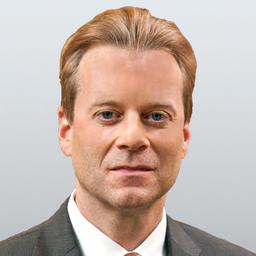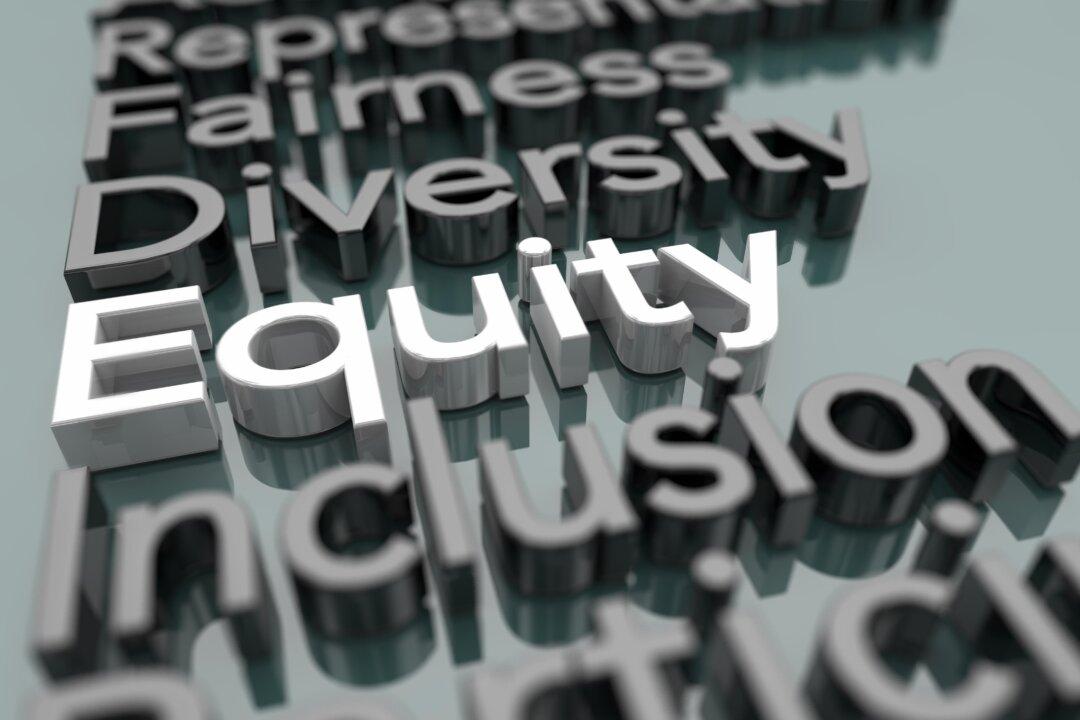Commentary
Language is a critical tool for communication among humans; we cry “watch out” when a speeding car hurtles toward a pedestrian. We also think of language as a cognitive tool for society at large, since all human learning is closely tied to how we learn and process language.






